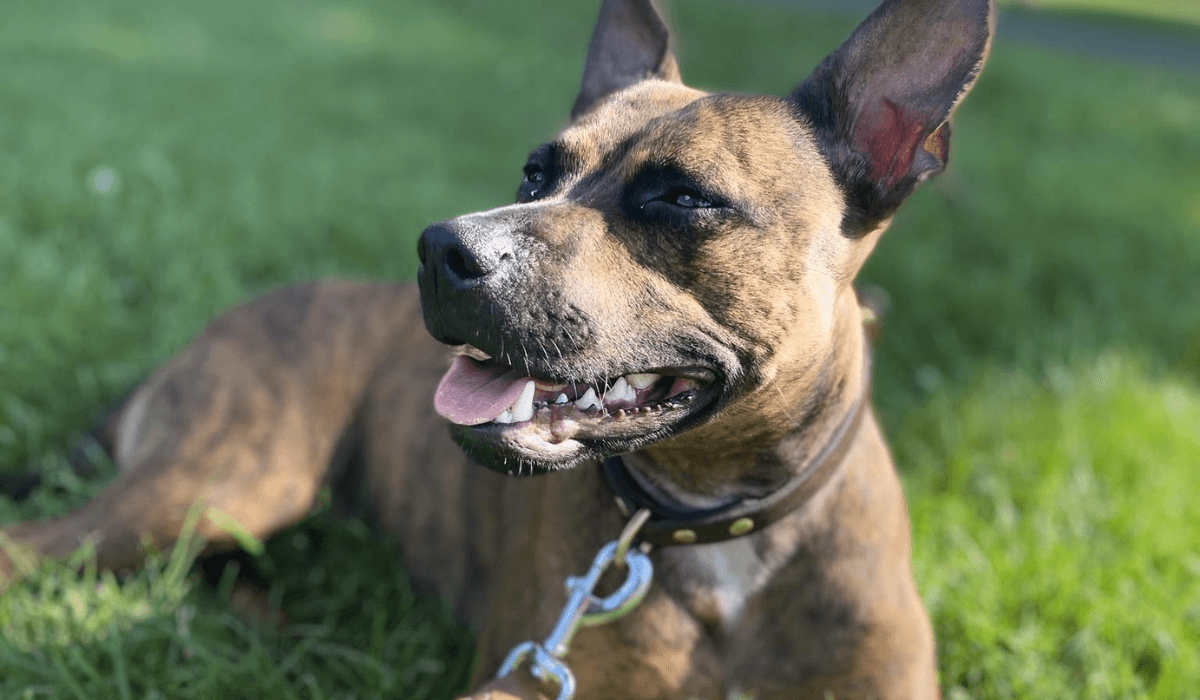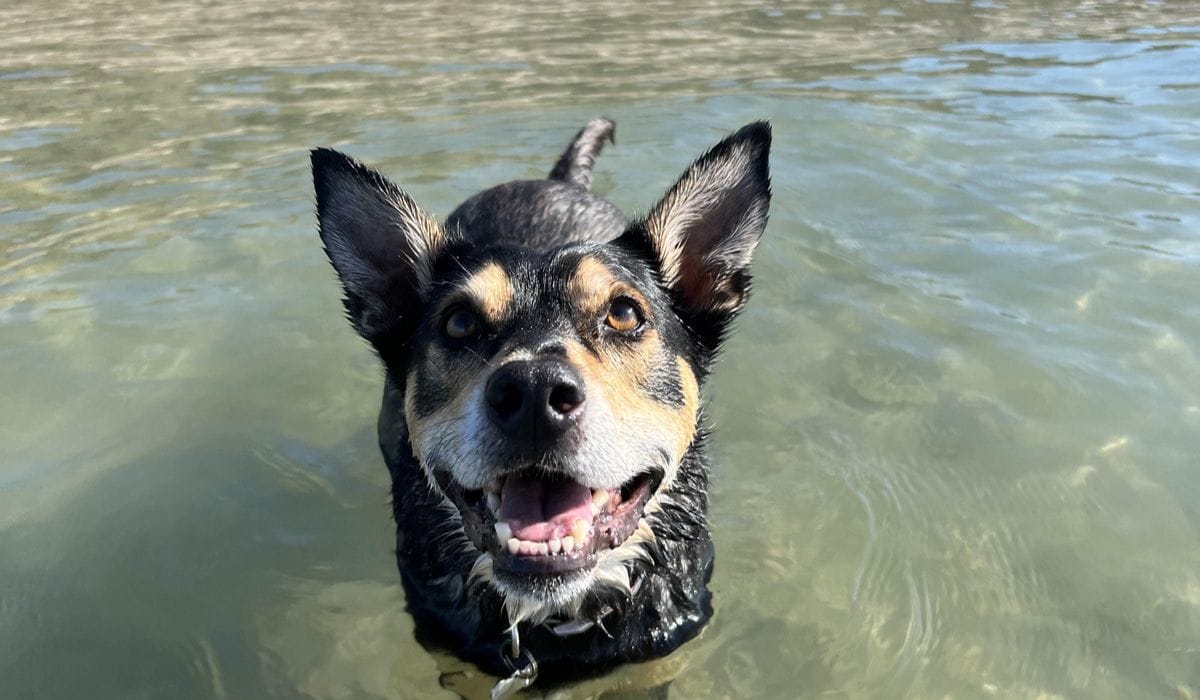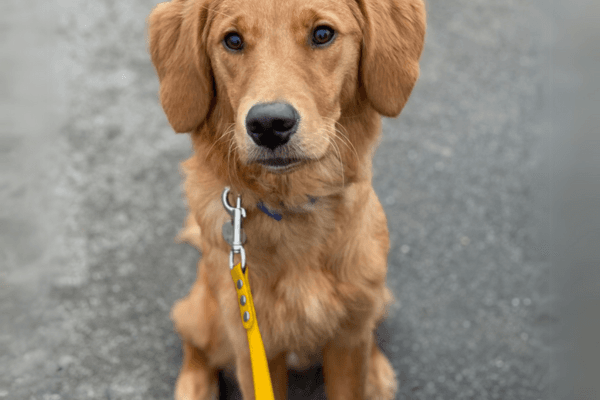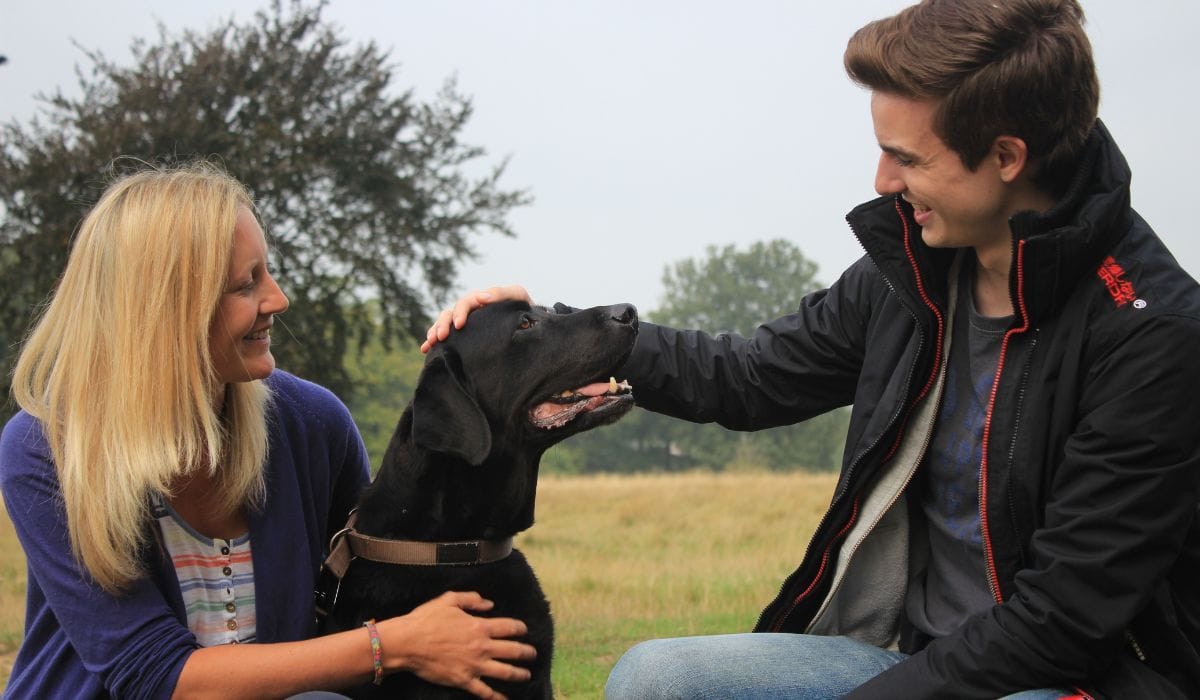Written by Dr. John Ambler, former Oakfield Clinical Director, BVM&S MRCVS
Reviewed by Dr Jill McMaster BVM&S MBA MRCVS, Veterinary Surgeon and in-house expert at BorrowMyDoggy on 8 Jun 2023
Having their dog stolen is something every owner dreads. John Ambler, My Family Vets vet and Clinical Director at Oakfield Vet Group, sheds light on how to keep your dog safe from thieves.

You may think your dog’s chances of being stolen are small, but pet theft happens more often than many of us realise.
In 2019, an average of 6 dogs were reported stolen in England and Wales every day! The breeds most commonly stolen were Staffordshire Bull Terriers, Chihuahuas and crossbreeds.
Preventing dog theft outside
- If a stranger asks lots of questions about your dog and makes you feel suspicious, take care to secure your home and consider walking your dog at different times of the day so you don’t run into the same people regularly.
- When walking somewhere unfamiliar, keep your dog on the lead – especially in areas with dense shrubbery where they could easily go missing.
- Don’t tie your dog up outside shops. It may be fine 99% of the time, but all it takes is one opportunistic would-be dog thief to walk by!
- Likewise, don’t leave your dog alone in the car. On hot days, this can put dogs at risk of dehydration and even death. Opening the window doesn’t solve anything – it actually increases the risk of theft.
Preventing dog theft at home
- Take plenty of pictures of your dog, from all angles so you can put them on forums and posters if the worst does happen.
- When your dog is out playing in the garden, make sure they’re supervised – especially if you have a low fence and lots of neighbours.
- Moved house? Changed your phone number? Make sure your dog’s microchip details are up to date.
- Practise recall training so your dog always comes back to you when you’re out on walks.
- Consider fitting a home security system or outside camera, especially if theft or crime is common in your area.
What to do if your dog goes missing…
Try your best to stay calm. Search thoroughly for your dog, retracing your steps if you need to.
If you still can’t find them, inform the following organisations that your dog is missing:
- The council
- Your neighbours and local friends
- Microchip databases
- Your vet and other local vets
- Local animal shelters
- The police
Once you’ve let all the relevant people know, try putting up posters around your neighbourhood and on social media platforms and other online forums.
Let’s hope it never comes to that. By taking the steps listed above, your dog’s chances of being stolen will be a great deal smaller and you’ll be able to rest easy.
This article is for information only, and should never replace any advice, diagnosis or treatment from your veterinary surgeon. Always contact your local vet or out of hours vet without delay if you have any concerns about your dog.





